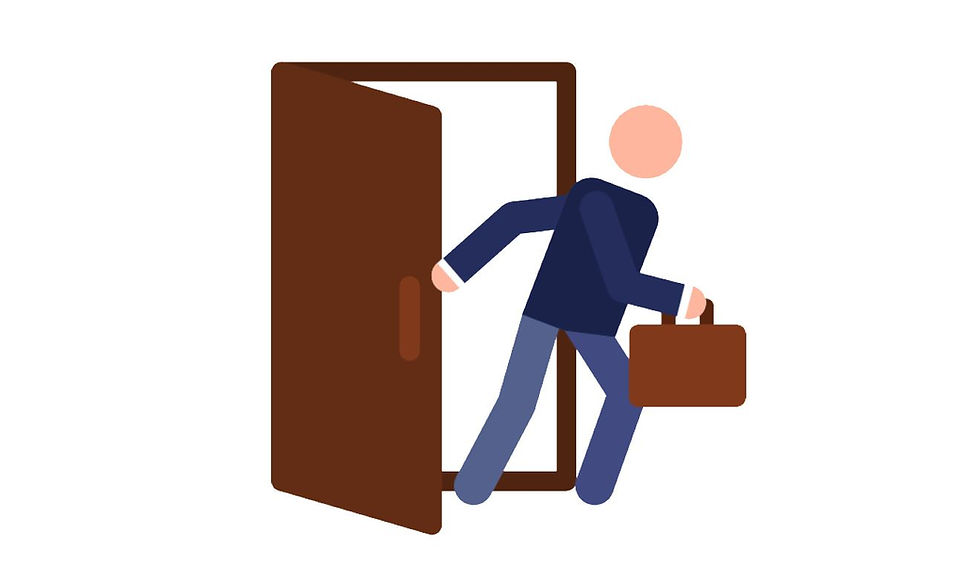Self Awareness - Competency Hierarchy
- Quinticon

- Jun 18, 2022
- 3 min read
Updated: Oct 10, 2022
There are two types of people, those with strengths and weaknesses, and those that understand their strengths and weaknesses.
If I ask you right now to write a list of your strengths and your weaknesses, how easily can you do it?
Go ahead and write that list. Let's aim for the top 3 strengths and the top 3 weaknesses. If that was hard, particularity around the weaknesses, that critical analysis of yourself needs more attention, maybe that is weakness number 4 😊
A tool I use when assessing my strengths and weaknesses is called the "consciousness hierarchy". There are four stages of consciousness in this hierarchy. Let's use the example weakness of giving presentations for context:
Unconsciously Incompetent - this is bad, this means you don't do something well, but far worse than that, you don't know there is a problem. This is the beginning of the journey, without self-awareness and self-analysis you may get stuck here for a long time.
Your presentations suck but you don't know they suck.
Consciously Incompetent - now we're on the right path, you don't do something well but you have looked inside and have identified that. Great, now we can put a plan in place to fix it.
You have reviewed your presentation style against tips and tricks online and have found gaps, you have also asked your colleagues for their advice and received some constructive feedback. Your presentations still suck but at least now you know it and know the reasons why.
Consciously Competent - now you're talking, you have put in the hard yards, consciously improved yourself and you can now do something well, despite having to think about it each time in a continuous quest for improvement.
You have executed your improvement plan and are starting to see the benefits. Your presentations are sharp, meaningful and you regularly receive positive feedback.
Unconsciously Competent - you made it! You have been consciously developing your skills for some time and have lots of experience, you can now do something well without having to consciously think about it each time.
You automatically deploy powerful presentation techniques and can think on your feet with little preparation.
However! Being Unconsciously Competent is a slippery slope. Continue to be self-aware and challenge your performance, it's quite possible to slip all the way back to Unconsciously Incompetent in one fell swoop if you're not careful!
Let's get back to the 3 strengths and 3 weaknesses you came up with earlier:
1) Plot each strength and weakness into one of the 4 stages of consciousness
2) Validate each strength and weakness with a mentor, colleague, or friend to see if they agree with your self-assessment. There are not many people that won't be impressed with your critical thinking skills and drive for self-improvement.
3) Construct some plans that will enable you to improve on each weakness (and strength if necessary) and allow you to move up to the next level within the consciousness hierarchy
4) Schedule regular reviews and checkpoints with yourself and with your mentors, colleagues, and friends. Let's see how quickly you can turn your weaknesses into less of a weakness and eventually a strength
If you have followed the steps in this article you have unknowingly started to move another skill up the competency hierarchy and in my opinion, the most important skill required to be successful, the skill of self-awareness!





Comments